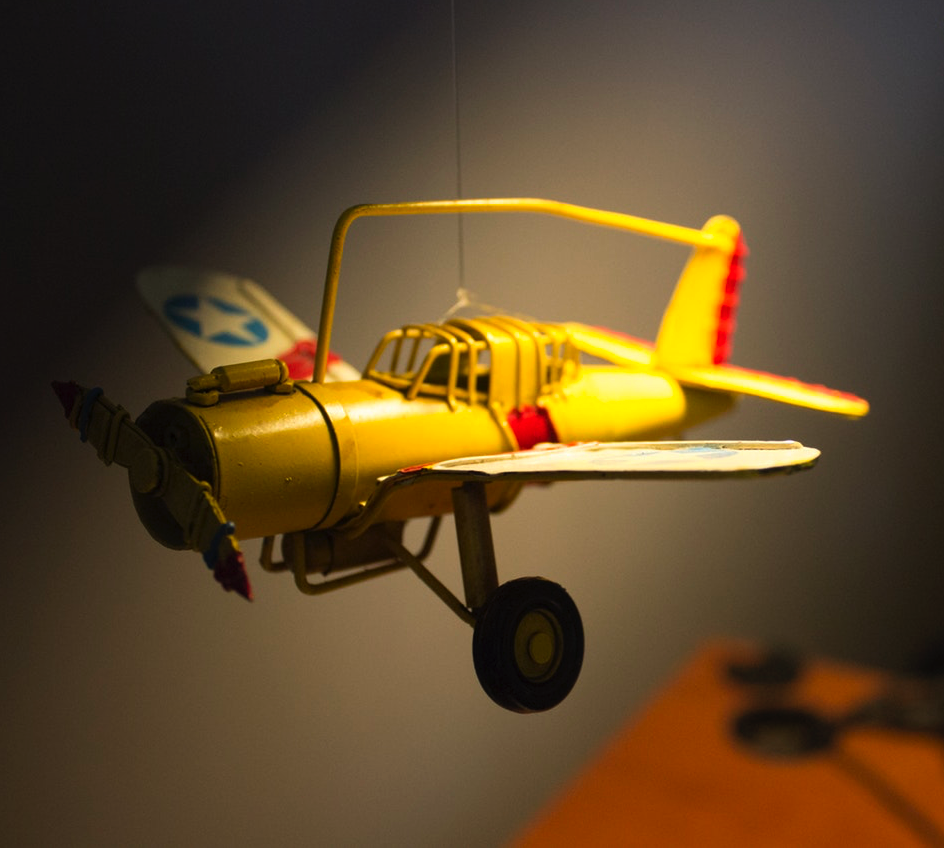
ICAO Level 4
The "OPERATIONAL" level.
This is the most basic level of language proficiency which allows you to fly in all countries of the world.
Currently, there is no type of airspace, operation or aircraft that would require a higher level.

Being Operational
The operational level (ICAO Level 4) is required to be allowed to fly airplanes in international air traffic and to use the English language
for R/T (radio telephony) purposes.
Therefore, level 4 is the most important level as it decides whether you are allowed to fly
or not.
The following information hopefully helps you decide on your own, whether you feel fit to take the test or not.
Your English language skills will be assessed
in the following areas:
- Pronunciation
- Structure
- Vocabulary
- Fluency
- Comprehension
- Interaction
Pronunciation
Nobody expects you to talk like a native speaker just to pass this test.
You are probably a level 4 in the area of 'pronunciation' if a native speaker would easily 'hear' that you are not a native speaker.
Sometimes, when you say 'think' or 'thing' it sounds like 'sink' or 'sing' - those would be typical errors of most non-English native speakers!
Structure
Good enough to avoid misunderstandings.
You probably hated grammar exercises in school, but nevertheless you remember some basic things, like the difference between saying 'I fly' and 'I flew', 'I have flown' or 'I will fly' and you also know that it's an airplane and not a airplane (and maybe you also know that there is no official plural form of aircraft(s)!)
When things get more complicated, you usually let others talk and don't even try to form such complex sentences.
Fluency
Aviation doesn't require verbal diarrhoea.
It doesn't take you very long to find an answer for a question. Sometimes a bit longer, but that's OK. You don't really use discourse markers (like actually, basically, then, nevertheless) to make your sentences sound pretty when you speak, but on the other hand you also don't use a lot of distracting fillers like uuuuuuhm, eeeeer.
Vocabulary
The right word for the right thing.
Vocabulary knowledge usually grows as flight experience increases. Your vocabulary range - compared to your flight experience - is enough to communicate with other pilots. At least to get the flight done and to order your after-landing-beer.
If you are required to talk about other topics you can still describe things in your own words (that's called paraphrasing).
Comprehension
Expected: more than just radio phraseology.
Since you are a pilot you surely have no problems understanding the 'regular' radio phraseology. But sometimes, those phrases are not enough to tell another station what's going on. In these situations you might not understand everything upon the first try, but after one or two say-again, you get the message.
Interaction
Not afraid to talk.
Are you afraid to ask say again if you're not sure whether you got the message? We hope not.
